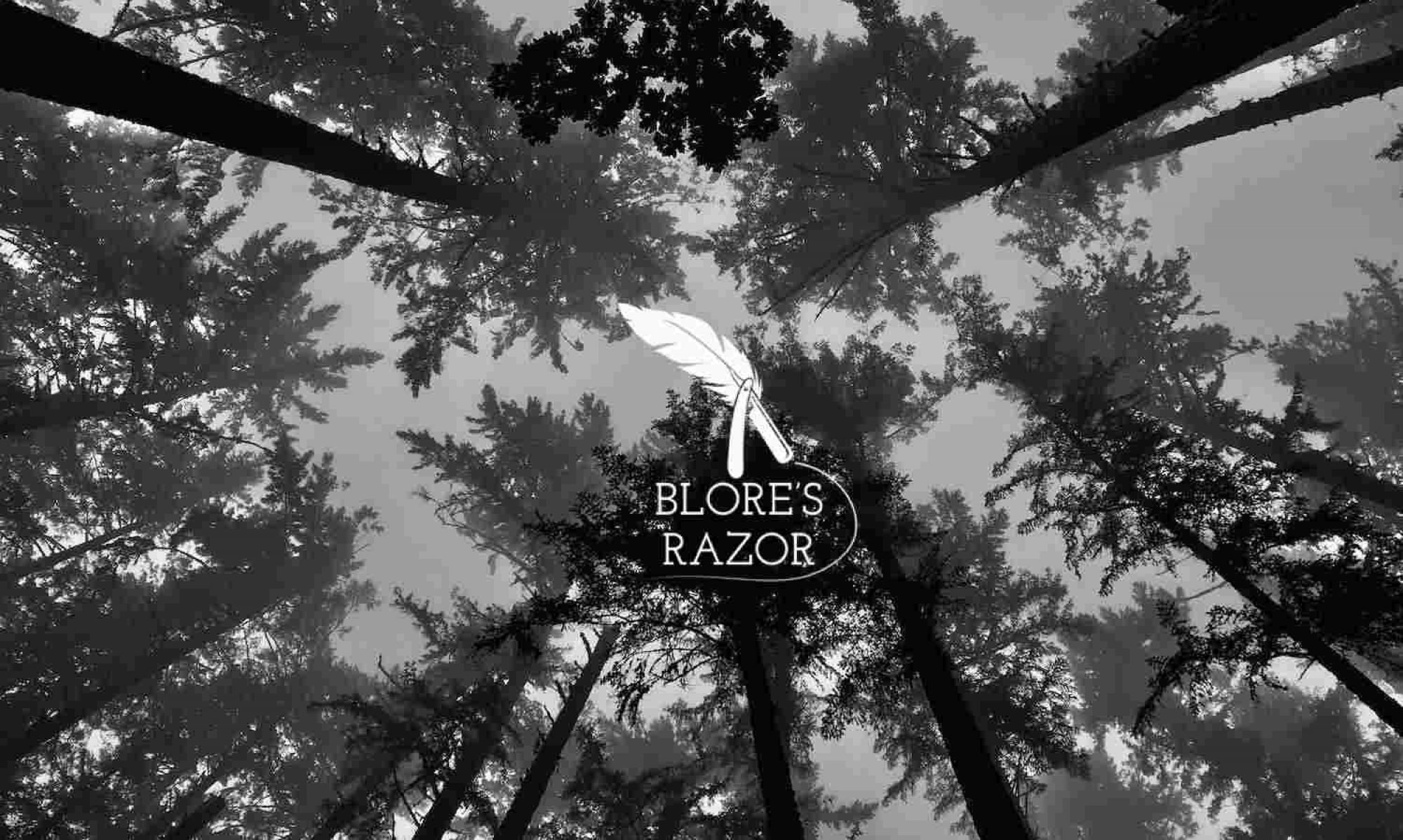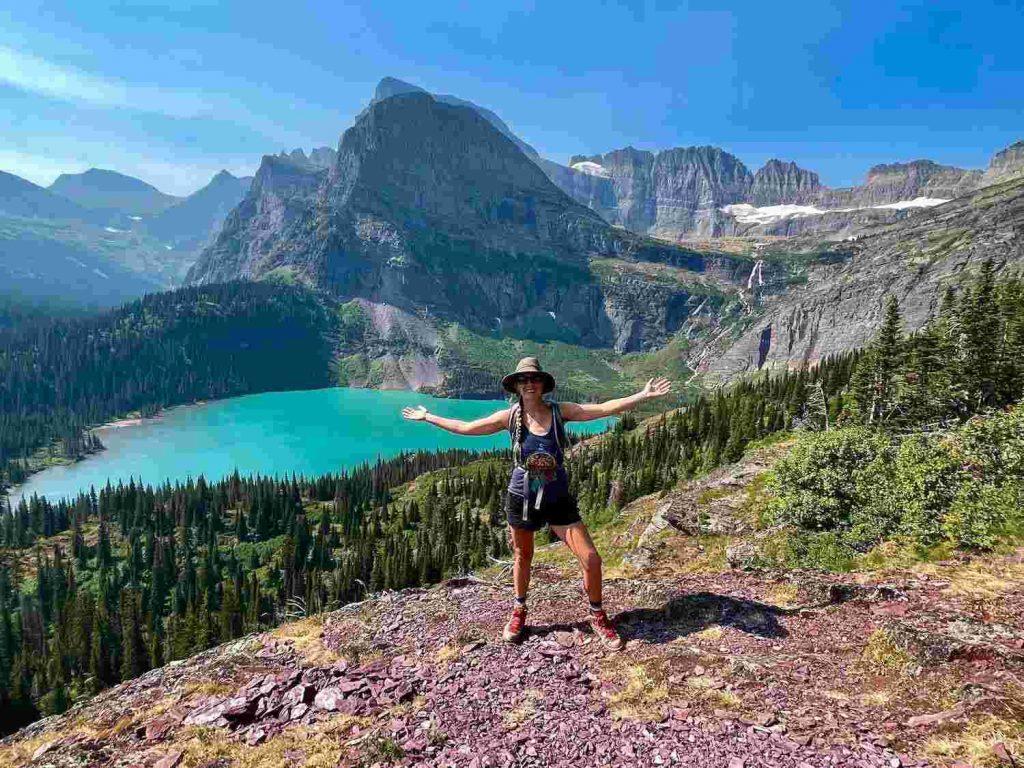Imagine waking up tomorrow morning, stretching your legs against your sheets, and feeling a sharp pain deep in the ball of your right foot. You sit up in a slight panic and find yourself unable to stand. Your second toe looks twice its normal size and the bottom of your foot is hot with blood. You hop on your good foot to the bathroom and look at yourself in the mirror.
Who would you rely on to do your shopping and cook your meals?
What summer trips would you have to cancel?
Would you be able to go to work?
What parts of your life would be on hold until you could walk again?
This happened to me nearly six weeks ago—and I’m still not better. In fact, I’m writing this from bed, my right foot elevated, where I’ve done most of my work since early May. I’ve missed most of my favorite late-spring weather in Oregon. Normally, I’d be hiking every day, watching the wildflowers transition from trilliums to orchids to bright red columbine.
Some might welcome a couple of months of books, TV, and bed rest, but this period has been devastating for me.
Hiking is my life, my mental health outlet. I was sure-footed, quick, and able to walk without stopping, even on the most rigorous hikes. Last year in Glacier National Park, I hiked 53 challenging miles over three solo days and was barely sore. On a backpacking trip through the Enchantments, a doctor friend said that I was the most physically fit person—man or woman—that he’d ever seen.
I
Just
Never
Needed
To
Stop
Until now…
Folks ask what happened when they see me limping or wearing a surgical boot. What started as a mild pain in the ball of my foot bloomed into a debilitating, slow-healing injury.
I have capsulitis—the inflammation of the ligaments beneath my second toe. Even after weeks of icing, elevation, metatarsal pads, expensive orthotics, doctor appointments, prescription-strength anti-inflammatory drugs, meditation, and canceling plans, I still don’t know when I’ll be able to walk again.
For several weeks, I was depressed and crying, helpless to do anything for my unruly ligaments. I felt cheated and robbed. How could this happen when I’m such a healthy, active person who never wears high heels?
I have a theory, although it’s tough to confirm. My favorite pair of boots—tan Riekers with red laces—are the likely culprit. For years, I bought the same ones over and over, walking five miles or more in them daily.
Two friends of mine bought the same boots. They shared recently that they don’t provide the best support and often hurt their feet after a while. I’d worn them non-stop, never suffering in the moment, but I suspect that my ligaments steadily strained from the lack of cushioning and pressure on the ball of my foot over many miles walked.
It all snuck up on me. I would have preferred to take this hiatus during the winter months, but we can’t choose when injuries present themselves. In my 20s, I’d even been proud of completing long hikes in ballet flats, traveling through Southeast Asia in flip flops, or traversing 212 kilometers through the Himalayas in cheap sneakers.
I now regret every step I’ve taken in non-supportive footwear, probably tens of thousands of steps at this point. Being in peak physical shape, I’d assumed I was invincible—and now I begin again.
It’s been easy for me to feel sorry for myself as the sun shines and I’m stuck inside. I am grateful that I’m not a doctor, a server, a teacher, or any other profession that would require me to be on my feet. Working from my bed is a privilege.
This is also a life stage where I have the financial means to buy six new pairs of shoes, fancy orthotics, and pay the podiatrist $250 to tell me what I already knew from WebMD. If this hit me while I was traveling the world solo on a shoestring budget, I would have had to move back home to recover.
I have to resist the temptation to assume I will never heal—that life will just be like this moving forward. Those self-destructive thoughts remind me of the hopelessness many of us felt in the middle of 2020 when we weren’t sure how our lives would resume. The Covid-19 total shutdown didn’t last forever—and neither will this injury.
I get to choose what to take from this difficult experience. Most importantly, I will feel much more empathy for those with mobility issues. Walking is such an integral part of life that most of us take it for granted. Slow walkers used to frustrate me as if they were wasting my time. I see now how selfish my point of view was.
I’m also hoping that this experience helps me maintain proper perspective with future life challenges, both my own and for those closest to me. I have to be patient and compassionate with myself and others. Anger, irritability, restlessness, self-pity, and distress aren’t the path.
If you have a moment, please send a healing thought for my busted stomper and be kind to someone today. You never know what they’re going through and how much small affections matter.


Hoping for fast healing. I understand where you are coming from, I did to much trail running up and down steep hills last summer that my knee got sharp pains that I had to stay off it for 3 months, no hiking, no running, limited walking I became a short distance biker, swimmer and modified yoga was all I could do. It’s hard, it’s frustrating, its depressing and it’s awful for active people but now you understand people with disabilities and know it could be much worse and you will get better. Sometimes our bodies are telling us to slow down. Love you sister! Sending you healing vibes!
Thanks, Rane! Like me, you’re such an active person, and I can imagine how frustrating it was to have knee pain. It sounds like you adapted well though, weaving in different types of activities
I’m sorry – feeling broken and vulnerable is…a bother.
Thank you, Brent
Every unfortunate event in our lives needs to be seen as a teacher in the subjects of self-improvement and how to be more humane. From your text, I see you’re getting it right. Stay strong, keep yourself busy with that good brain of yours and wait for your body to heal at its own pace, for biology is not into clocks nor calendars. And happy (very) belated birthday!
Thank you, Paulo. You made my day